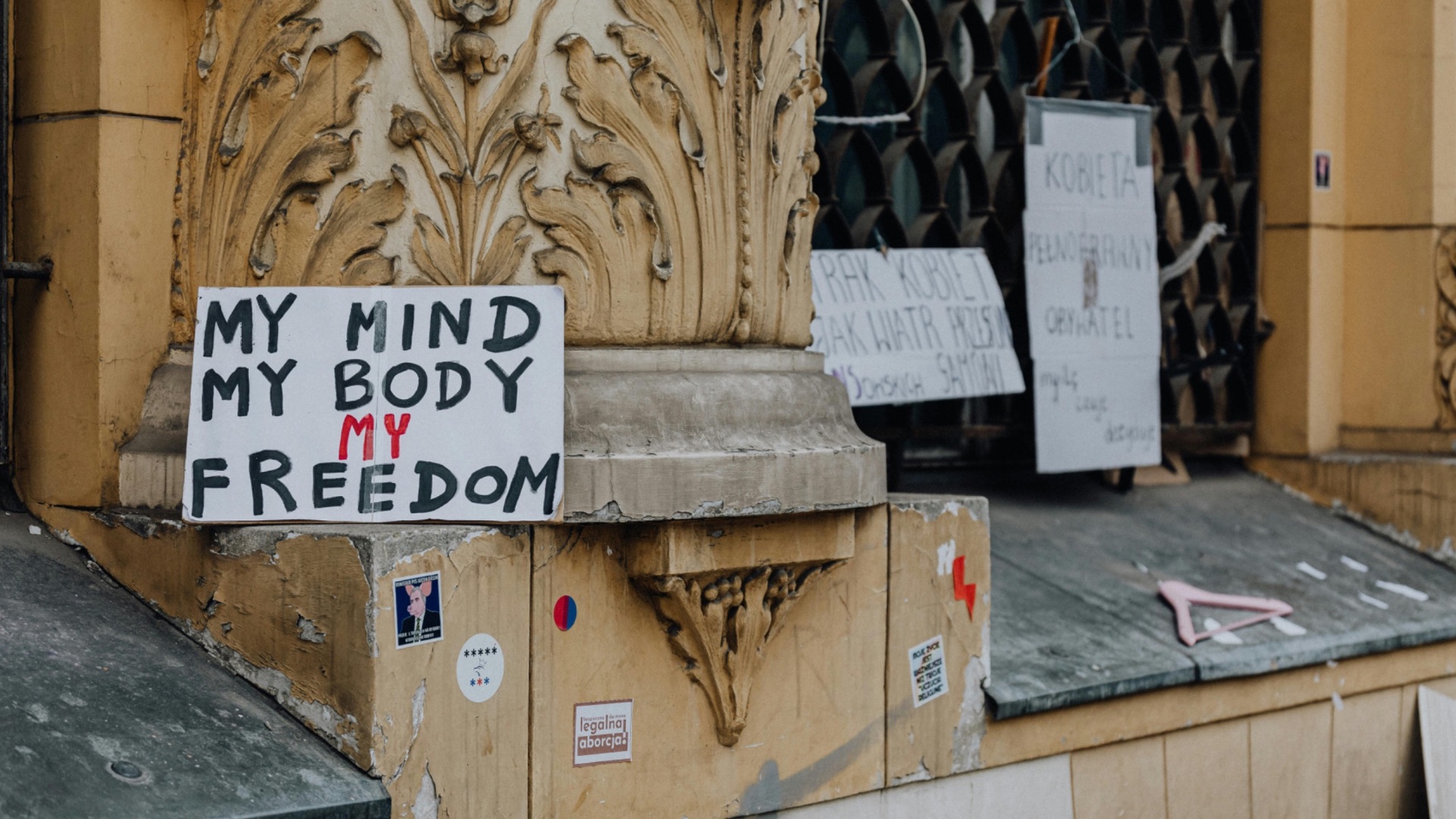French lawmakers voted to include the right to abortion in the country’s constitution, marking a global first supported by an overwhelming majority of the public on March 4, 2024.
President Emmanuel Macron vowed last year to include abortion, which has been legal in France since 1975, into the constitution following the 2022 overturning of the landmark Roe v. Wade ruling by the U.S. Supreme Court.
Sheanne Andres Tesoy, a Veterinary Assistant student at Seneca College, said France is empowering women but religiously, abortion is still frowned upon, she said.
“Having the freedom of what you want to conceive into the world is an important decision to make, especially if the process to that point was consented or not,” Tesoy said.
“However from a religious perspective, abortion is looked down upon,” she said. “There could also be an aspect of misuse of abortion. Being irresponsible with sexual intercourse and knowing you have a failsafe of aborting can be an abuse of the rights.”
A majority of France’s National Assembly approved in January the inclusion of abortion as a guaranteed right in the constitution.
The 780-72 vote prompted a standing ovation in the Versailles parliament.
A survey conducted by the French polling group IFOP in November 2022 indicated 86 per cent of French citizens backed the inclusion of abortion in the constitution.
Several other countries have incorporated abortion rights into their constitutions, but France stands out as the first to explicitly guarantee access to abortion.
It constitutes the 25th amendment to France’s constitution and the initial one since 2008.
The Eiffel Tower in Paris illuminated in celebration, displaying the message “My Body, My Choice,” after the vote.
Sabni Sawant, who is currently living in the U.S., is a Clinical Embryology graduate who studied at Oxford University. She said in a telephone interview with Humber News that legalizing abortion in France is allowing women to have autonomy over themselves.
“France is ensuring women’s health is protected and no one will die of things like septic shock due to an IUFD or unsafe abortions,” Sawant said. “It also governs the way IVF is conducted, and having safe abortion access increases the ease of IVF cycles and gives us less harder decisions to make.”
The addition has faced much opposition from the French Bishops and the Vatican.
“In the era of universal human rights, there cannot be a right to take a human life,” the Pontifical Academy for Life said in a statement released on March 4.
Before Monday’s vote, Bishop Luc Crepy of Versailles along with the Bishops’ Conference of France, voiced his sadness and firm opposition to this development.
“From its conception to its natural death should be recognized as part of the common foundation on which our society is based,” he said.

